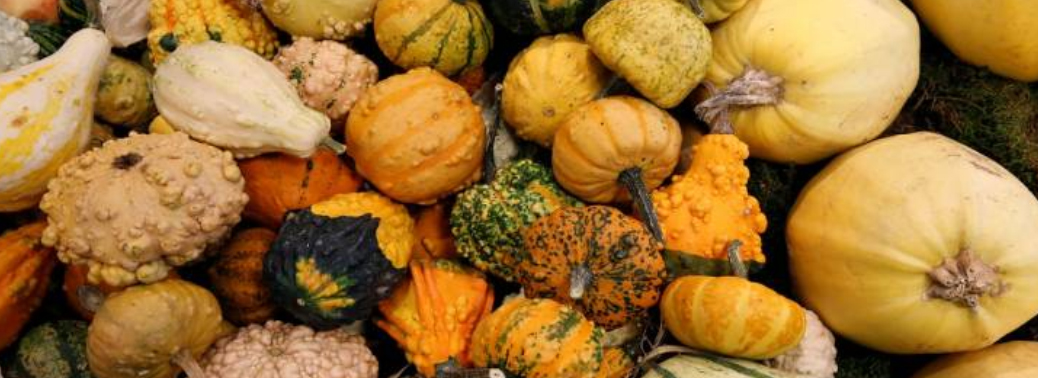PARTICIPATORY GUARANTEE SYSTEM (PGS)
24, Sep 2019

Prelims level : Governance- Schemes, Policies; Economics- Agriculture
Mains level : GS-III- Food processing and related industries in India- scope and significance, location, upstream and downstream requirements, supply chain management.
Why in News?
- Chairperson of the Food Safety and Standards Authority of India (FSSAI) said on the sidelines of a function of Food and Agriculture Organisation (FAO) and the World Health Organisation’s (WHO’s) Coordinating Committee for Asia (CCASIA) in Panaji that she expects the Union Agriculture Ministry’s Participatory Guarantee Scheme (PGS) to incentivise more farmers to grow organic food.
About Participatory Guarantee System (PGS):
- PGS is a process of certifying organic products, which ensures that their production takes place in accordance with laid-down quality standards. The certification is in the form of a documented logo or a statement.
- pgsindia-ncof.gov.in is web based platform to simplify the process of certifying organic products in accordance with the standards laid down for organic products for export purpose. Thus it seeks to curb third party certification.
- Implemented: by the Department of Agriculture and Cooperation under the aegis of Union Ministry of Agriculture.
Guiding Principles of PGS:
- PGS India system is based on participatory approach, a shared vision, transparency and trust. In addition it gives PGS movement a National recognition and institutional structure.
Participation:
- Participation is an essential and dynamic part of PGS. Participation embodies the principle of collective responsibility for ensuring the organic integrity of the PGS. This collective responsibility is reflected through:
- Shared ownership of the PGS
- Stakeholder engagement in the development and operation process
- Understanding of how the system works and
- Direct communication between producers and consumers and other stakeholders
Shared Vision:
- Collective responsibility for implementation and decision making is driven by common shared vision. All the key stakeholders (producers, facilitating agencies, NGOs, social organizations, State Governments and state agencies) support the guiding principles and goals, PGS is striving to achieve and this is achieved initially through their participation and support in the design and then by joining it. This may include commitment in writing through signing an application and pledge that includes the vision.
Transparency:
- Transparency is created by having all stakeholders, including producers and consumers, aware of exactly how the guarantee system works to include the standards, the organic guarantee process (norms) with clearly defined and documented systems and how decisions are made.
Trust:
- The integrity base upon which PGS-India programme is built, is rooted in the idea that producers can be trusted and that the organic guarantee system can be an expression and verification of this trust. The foundation of this trust is built from the idea that the key stakeholders collectively develop their shared vision and then collectively continue to shape and reinforce their vision through the PGS. The idea of ‘trust’ assumes that the individual producer has a commitment to protecting nature and consumers’ health through organic production.
Horizontality:
- PGS India is intended to be non-hierarchical at group level. This will reflect in the overall democratic structure and through the collective responsibility of the PGS group with sharing and rotating responsibility, by engaging producers directly in the peer review of each other’s farms; and by transparency in decision making process.
National Networking:
- PGS India while keeping the spirit of PGS intact aims to give the entire movement an institutional structure. This is achieved by networking the groups under common umbrella through various facilitating agencies, Regional Councils and Zonal Councils.
- National Centre of Organic Farming shall be the custodian of data, define policies and guidelines and undertake surveillance through field monitoring and product testing for residues. Regional councils and facilitating agencies facilitate the groups in capacity building, training, knowledge/ technology dissemination and data uploading on the PGS website.
Advantages:
Among the advantages of PGS over third-party certification, identified by the government document, are:
- Procedures are simple, documents are basic, and farmers understand the local language used.
- All members live close to each other and are known to each other. As practising organic farmers themselves, they understand the processes well.
- Because peer appraisers live in the same village, they have better access to surveillance; peer appraisal instead of third-party inspections also reduces costs
- Mutual recognition and support between regional PGS groups ensures better networking for processing and marketing.
- Unlike the grower group certification system, PGS offers every farmer individual certificates, and the farmer is free to market his own produce independent of the group.
Limitations:
- PGS certification is only for farmers or communities that can organise and perform as a group within a village or a cluster of contiguous villages, and is applicable only to farm activities such as crop production, processing, and livestock rearing, and off-farm processing “by PGS farmers of their direct products”.
- Individual farmers or group of farmers smaller than five members are not covered under PGS. They either have to opt for third party certification or join the existing PGS local group.
- PGS ensures traceability until the product is in the custody of the PGS group, which makes PGS ideal for local direct sales and direct trade between producers and consumers.






